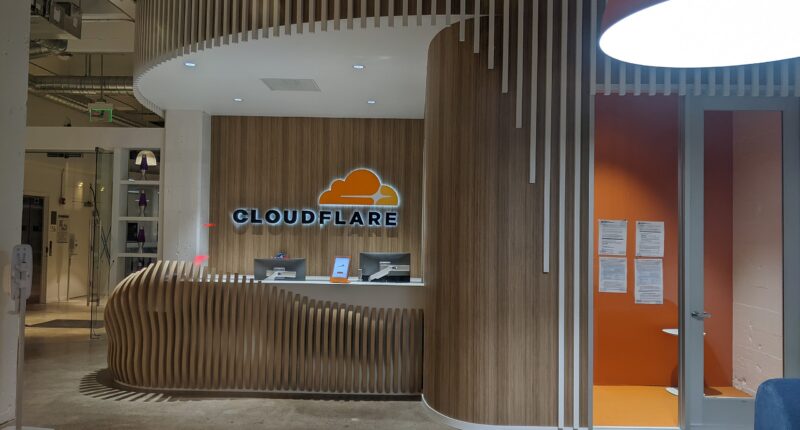Cloudflare has introduced technology designed to block unauthorised artificial intelligence scraping whilst creating financial incentives for content creators whose work trains large language models.
Chief executive Matthew Prince outlined his company’s approach to addressing concerns that AI systems extract online content without compensating original creators, according to WIRED.
The internet infrastructure firm launched tools in July that identify AI bots attempting to scrape websites, effectively establishing what Prince describes as a pay-per-crawl model. Publishers can use these systems to block AI companies unless they provide financial compensation for accessing content.
Prince warned that the shift from search engines to AI-powered answer systems poses a threat to the fundamental economics that support online content creation. He noted that Google’s AI Overviews have made generating website traffic approximately 10 times more difficult compared to traditional search results.
“The business model of the internet is breaking, and if content creators don’t have an incentive to create content, if they can’t get famous and they can’t get rich, they’re just going to stop creating content. That’s an existential threat. That’s the nightmare, the dream that wakes me up,” Prince said.
The Cloudflare executive identified three potential futures for content creation in an AI-dominated landscape. The first involves content creators failing economically, whilst the second would see major AI companies establishing their own news organisations and employing journalists directly.
The third scenario, which Prince advocates, would transform AI companies into content distributors similar to Netflix, paying creators for access to unique material rather than extracting it without compensation.
Publisher response to Cloudflare’s anti-scraping tools has been substantial, with companies ranging from the Associated Press to Ziff Davis implementing the technology. Prince reported that publishing executives have expressed optimism after feeling helpless about AI content extraction.
The music industry’s transformation following the introduction of iTunes provides a model for potential change, according to Prince. He noted that Spotify now pays $10 billion annually to music creators, exceeding the entire music industry’s market capitalisation from 2007.
Recent content licensing deals support his thesis that AI companies are willing to pay for high-quality material. Reddit secured approximately $140 million annually from Google and OpenAI, compared to The New York Times’ reported $20 million deal, suggesting unique content commands premium rates.
Prince emphasised that preserving a vibrant internet ecosystem represents an existential concern for Cloudflare’s business model, beyond potential revenue from publishers adopting their services.











